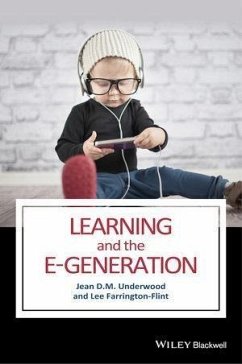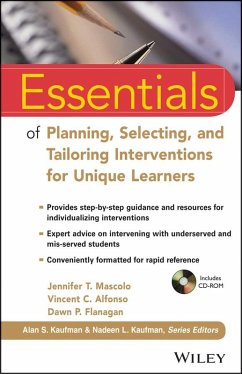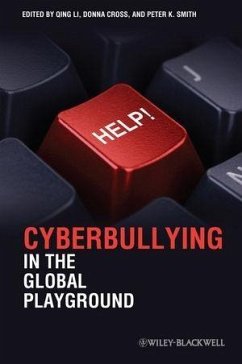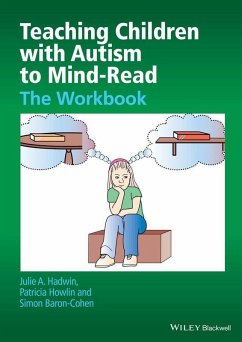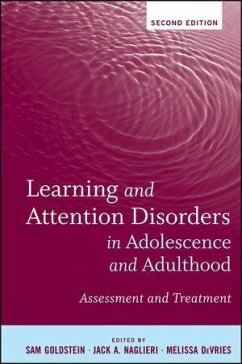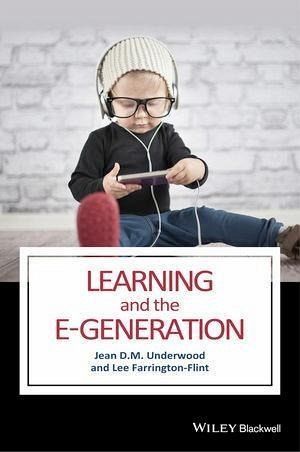
Learning and the E-Generation (eBook, PDF)
Versandkostenfrei!
Sofort per Download lieferbar
33,99 €
inkl. MwSt.
Weitere Ausgaben:

PAYBACK Punkte
0 °P sammeln!
Learning and the E-Generation examines the impact of new and emerging digital technologies--from computers and tablets to social media and video games--on learners in formal and informal settings. * Assesses the psychological factors at play, including social, cognitive, and behavioral characteristics that are influenced by exposure to technology * Addresses the risks and benefits of 21st century digital technology on children and young adults * Written by two experts in the field who draw on the latest research and practice from psychology, neuroscience, and education * Discusses the potentia...
Learning and the E-Generation examines the impact of new and emerging digital technologies--from computers and tablets to social media and video games--on learners in formal and informal settings. * Assesses the psychological factors at play, including social, cognitive, and behavioral characteristics that are influenced by exposure to technology * Addresses the risks and benefits of 21st century digital technology on children and young adults * Written by two experts in the field who draw on the latest research and practice from psychology, neuroscience, and education * Discusses the potential of technology to make the learning process more authentic and engaging, as well as the obstacles which can prevent this from happening effectively
Dieser Download kann aus rechtlichen Gründen nur mit Rechnungsadresse in D ausgeliefert werden.




